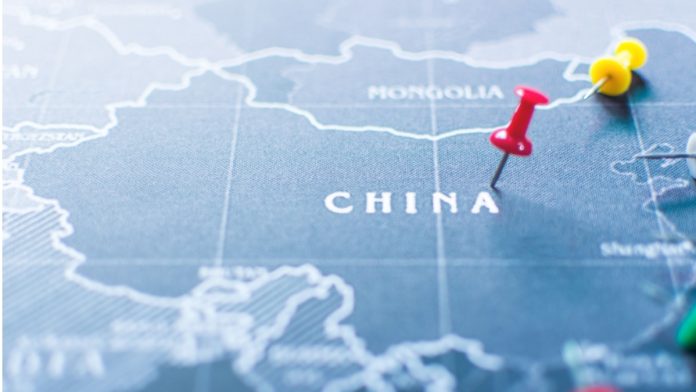Ant Group and Mastercard have launched the International Consumer Friendly Zones programme in Shanghai.
In light of the partnership extension, Ant Group has introduced two digital payment options for international visitors in China. Travellers have the convenience of linking major international bank cards, including Mastercard, as well as Visa, JCB, Discover and Diners Club International to the Alipay app.
The programme, launched in collaboration with 12 international payment partners of Alipay+ and other major global card organisations, aims to improve the travel experience for global tourists and stimulate growth for local businesses across China.
Supported by relevant authorities and local governments, the programme will cover more than 20 primary shopping districts, renowned tourist spots, both international airports in Shanghai, key high-speed railway stations and a taxi fleet consisting of 25,000 vehicles in the city.
After debuting the initiative in Beijing and expanding to Guangzhou in April, Ant Group has teamed up with partners to streamline accessibility and the user experience for the two digital payment options aimed at international travellers.
This collaboration involves bolstering bilingual support and providing detailed user guides. In Shanghai, participating merchants will enhance payment signage to clearly communicate the variety of digital payment methods endorsed by Ant Group.
Mastercard has recently strengthened its presence in China, earlier this year. The payment giant agreed a deal with Alipay to expand its cross-border payment solution.
Fu Lu, Director of Cross-border Business in Greater China at Ant Group, commented: “The launch of the International Consumer Friendly Zones in Shanghai marks a significant advancement in our efforts to enhance inbound tourism experience and support local businesses, especially given the city’s pivotal role in China’s global interactions.”























